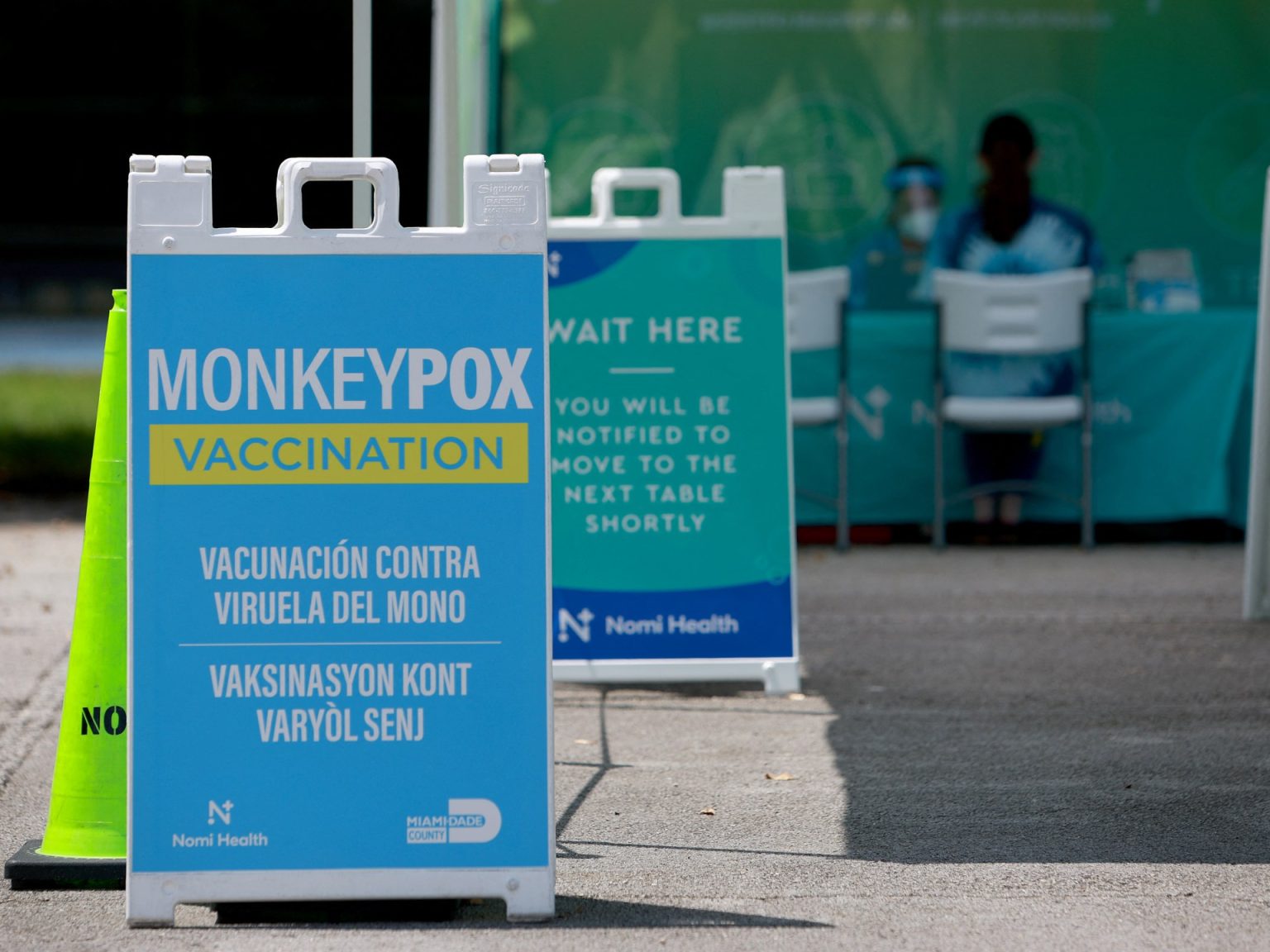In the first four months of 2024, over 97,000 cases of the viral infection mpox were reported in 117 countries, with 186 deaths. Mpox, previously known as monkeypox, is transmitted through close contact with infected humans or animals, as well as through contaminated materials. The World Health Organization (WHO) declared a global health emergency in July 2022, which lasted for 10 months. South Africa recently experienced its first mpox-related deaths, with two fatalities reported within a short period.
The second person in South Africa to die from mpox was a 38-year-old man who exhibited symptoms such as extensive lesions, headache, fatigue, oral ulcers, muscle pain, and a sore throat. He tested positive for the virus shortly before his death. The total number of confirmed mpox cases in the country now stands at six, with two recorded deaths. Health Minister Joe Phaahla emphasized the importance of seeking medical attention for suspected symptoms and tracing contacts to prevent further spread of the disease. Mpox is a preventable and manageable disease, but can be severe and even fatal.
Mpox is primarily spread through close physical contact and can cause painful and scarring lesions, particularly on the face, anus, and genitals. Common symptoms include a skin rash, fever, headache, muscle aches, and swollen lymph nodes. The disease was first identified in humans in 1970 in the Democratic Republic of the Congo and has mainly been limited to certain countries in West and Central Africa. South Africa is currently experiencing a surge in mpox cases, with all recent infections occurring in men in their 30s and classified as severe.
In response to the recent outbreak, the South African government is taking steps to address the situation. Health Minister Phaahla mentioned the intention to acquire a stockpile of Tecovirimat treatment for rapid deployment in case of a wider outbreak. Mpox is a serious disease that can have devastating consequences, highlighting the importance of early detection, treatment, and prevention measures. The recent fatalities in South Africa underscore the urgency of addressing and containing the spread of mpox to prevent further loss of life.
The global impact of mpox is widespread, with cases reported in numerous countries and a significant number of deaths recorded. The WHO continues to monitor the situation closely and provide guidance on prevention and control measures. With the emergence of new cases in South Africa and the urgent need for containment strategies, it is essential for governments and healthcare authorities to work together to address the challenges posed by mpox. By implementing effective prevention and treatment protocols, the spread of the virus can be mitigated, saving lives and protecting public health.


